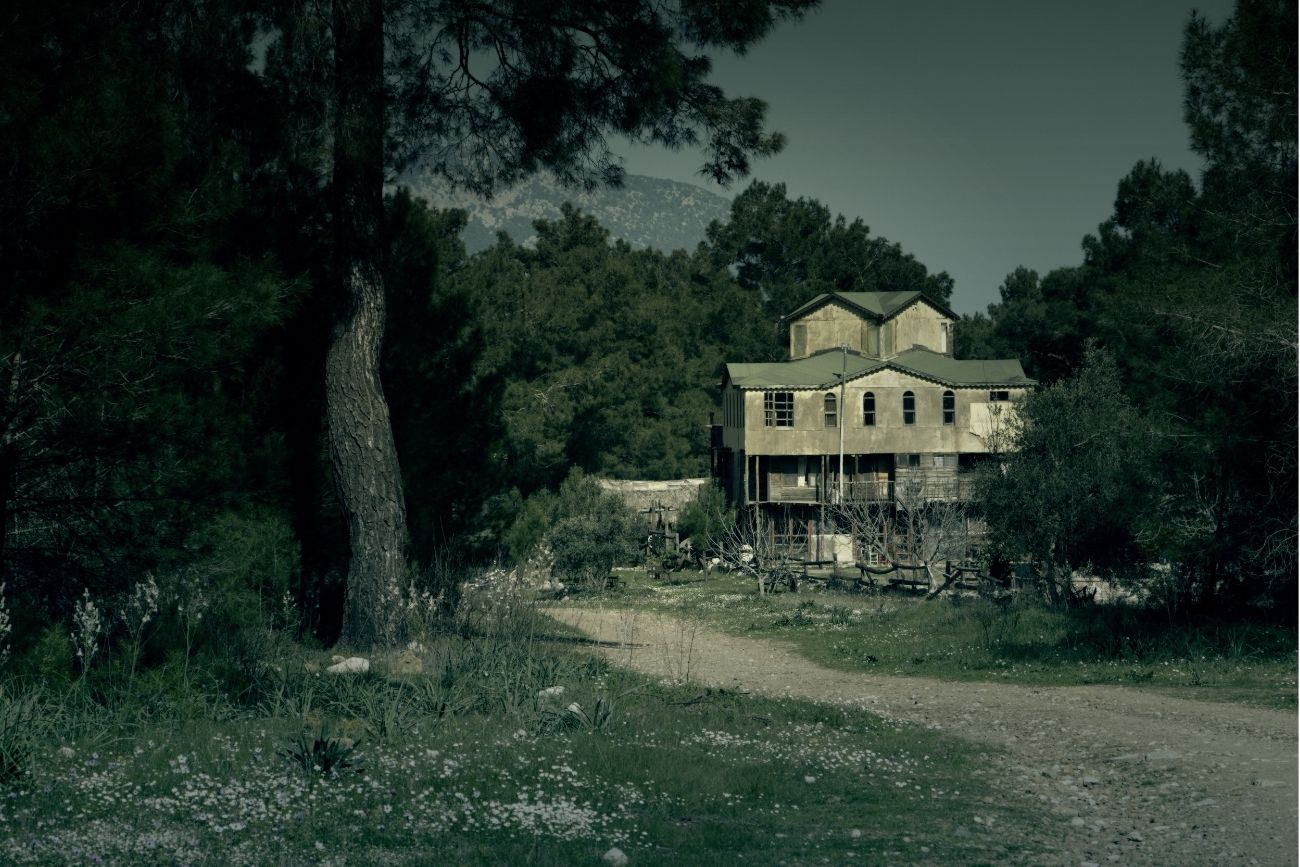
25 Authentic Spanish Expressions from 5 Countries
Spanish is a language with impressive cultural richness, and authentic Spanish expressions used in each country reflect the unique characteristics of its speakers. Below, we present 5 authentic Spanish expressions from five different Spanish-speaking countries: Mexico, Argentina, Spain, Venezuela, and Chile. Each of these expressions offers a unique insight into how Spanish is lived and felt in each region, providing a deeper understanding of the cultural and linguistic diversity within the Spanish-speaking world.
1. Expressions from Mexico
Mexico is known for its vibrant culture and colorful language. The expressions used here often carry a sense of enthusiasm and warmth, reflecting the lively nature of its people.
1.1 ¡Qué padre!
This expression is used to describe something that is very good or interesting. For example, if someone tells you about a fantastic trip they just had, you could respond with, “¡Qué padre!” It reflects enthusiasm and a positive attitude, making it a staple in Mexican Spanish.
1.2 Chamba
“Chamba” is an informal word meaning “job” or “work.” It is very common in everyday speech, especially in conversations about employment. For instance, someone might say, “Estoy buscando chamba,” meaning “I’m looking for a job.” The word “chamba” conveys the idea of work in a more relaxed, colloquial manner.
1.3 ¡Ándale!
A versatile expression that can denote surprise, urgency, or encouragement. It can be used in various contexts, such as when urging someone to hurry up (“¡Ándale, vamos!”) or expressing surprise (“¡Ándale, qué increíble!”). This expression is deeply embedded in Mexican culture and is often heard in everyday conversations.
1.4 Mole
In addition to being a typical dish in Mexican cuisine, the word “mole” is also used colloquially to refer to a complicated or difficult situation. For example, someone might say, “Me metí en un mole,” meaning “I got myself into a tough situation.” This dual meaning highlights the richness of Mexican Spanish, where food and language often intertwine.
1.5 Chingón
A strong but positive word used to describe something or someone impressive or exceptional. It’s a term of admiration and respect, often used among friends. For instance, “Ese jugador es bien chingón,” translates to “That player is really awesome.” However, it’s important to use this word in the right context, as it can be considered vulgar in more formal settings.
2. Popular Sayings in Argentina
Argentina’s expressions are often full of character, reflecting the country’s passionate and expressive culture. The following authentic Spanish phrases are integral to understanding the Argentine way of speaking.
2.1 Pibe/Piba
A term used to refer to a boy or girl. For example, “Ese pibe es mi amigo,” means “That boy is my friend.” It is a very common word in everyday speech, especially among young people. The use of “pibe” or “piba” immediately gives the conversation a friendly and informal tone, typical of Argentine Spanish.
2.2 Che
An interjection used to get someone’s attention, similar to “hey” in other regions. “Che” can also be used as a term of endearment or to emphasize a point. For instance, “Che, vení para acá,” means “Hey, come over here.” It’s one of the most distinctive features of Argentine Spanish, famously associated with the revolutionary leader Che Guevara.
2.3 Mamarracho
A word used to describe a person or thing that is ridiculous or poorly done. If someone makes a mess of a situation, you might hear, “¡Qué mamarracho hiciste!” meaning “What a mess you made!” This word can be playful or critical, depending on the context, and it’s often used in a light-hearted manner among friends.
2.4 Peña
In Argentina, a “peña” is a social gathering, usually with folk music and dancing. It’s a celebration of Argentine culture, often involving traditional food, music, and dance. For example, “Vamos a la peña esta noche,” means “We’re going to the peña tonight.” This expression reflects the country’s rich cultural heritage and love for social gatherings.
2.5 Boludo/Boluda
Although it can have a negative connotation, “boludo” or “boluda” is often used affectionately among friends to refer to someone informally. For example, “Sos un boludo” can mean “You’re such a goof,” depending on the tone. This word is quintessentially Argentine, used in a variety of contexts, from casual jokes to expressing frustration.
3. Common Phrases from Spain
Spain’s expressions often carry a touch of formality mixed with colloquial charm. The following phrases are essential for navigating everyday conversations in Spain and understanding authentic Spanish expressions in European contexts.
3.1 Vale
One of the most common words in everyday speech, “vale” is used to say “okay” or “alright.” For example, “Nos vemos a las ocho, ¿vale?” means “We’ll meet at eight, okay?” It’s a versatile word that fits into almost any conversation, reflecting the relaxed and agreeable nature of Spanish communication.
3.2 Majo/Maja
A positive expression used to describe a nice, kind, or pleasant person. If someone says, “Eres muy maja,” it means “You’re very nice.” This word is a friendly compliment and is commonly used in casual conversations to describe someone’s personality.
3.3 Guay
A word that means “cool” or “great,” very popular among young people. For instance, “¡Qué guay tu coche!” translates to “Your car is so cool!” This expression is often used to show approval or admiration, and it has become a staple in contemporary Spanish slang.
3.4 ¡Ojo!
A warning to pay attention or be careful, used in various contexts. For example, “¡Ojo con lo que dices!” means “Be careful with what you say!” This phrase is commonly used in both formal and informal settings to draw attention to something important.
3.5 Guiri
A colloquial term used to refer to foreign tourists, especially those from English-speaking countries. “Los guiris están en la playa” means “The tourists are at the beach.” While it can be used in a neutral or even affectionate manner, it’s important to be aware of its context, as it can sometimes carry a slightly teasing tone.
4. Venezuelan Idioms
Venezuela’s expressions are often colorful and expressive, reflecting the lively spirit of its people. The following idioms are key to mastering Venezuelan Spanish.
4.1 ¡Qué chévere!
An expression used to describe something cool or pleasant, very popular in the Caribbean and Latin America. For example, “¡Qué chévere tu casa!” means “Your house is so nice!” This phrase is often used to express approval or admiration, and it’s a staple in Venezuelan Spanish.
4.2 Chamo/Chama
A colloquial term to refer to a young boy or girl, similar to “kid” or “child.” For instance, “Ese chamo es mi hermano,” means “That boy is my brother.” This term is very common in Venezuela and is often used in informal conversations among friends and family.
4.3 ¡Qué vaina!
A versatile expression that can mean thing, situation, or problem, depending on the context. For example, “¡Qué vaina más grande!” could mean “What a big problem!” It’s used to express frustration or resignation and is a quintessential part of Venezuelan slang.
4.4 Mamarracho
As in Argentina, “mamarracho” describes a person or thing that is ridiculous or poorly done. For example, “Esa pintura es un mamarracho” means “That painting is a mess.” This term is often used in a playful or critical way, depending on the situation.
4.5 Hablar paja
It means talking nonsense or saying unimportant things, very common in everyday conversations. If someone is rambling, you might say, “Deja de hablar paja,” meaning “Stop talking nonsense.” This phrase is deeply rooted in Venezuelan culture, often used to describe trivial or unproductive conversation.
Want to Learn More About Authentic Spanish Expressions?
5. Colloquial Expressions from Chile
Chilean Spanish is known for its unique vocabulary and pronunciation. The following expressions are essential for understanding everyday conversations in Chile and grasping authentic Spanish expressions from the region.
5.1 Guagua
A word that refers to a bus, although in other countries it can mean “baby.” For example, “Voy a tomar la guagua,” means “I’m going to take the bus.” This dual meaning can be confusing for Spanish speakers from other regions, but it’s a common part of Chilean Spanish.
5.2 Bacán
A colloquial term to describe something amazing or great. For instance, “Esa fiesta estuvo bacán,” translates to “That party was awesome.” This word is frequently used by young people in Chile and has become a popular slang term.
5.3 Fome
Used to describe something boring or dull. For example, “Esa película fue fome,” means “That movie was boring.” This expression is a staple in Chilean Spanish, often used to describe anything that fails to impress.
5.4 Pololo/Polola
A term used to refer to a boyfriend or girlfriend, very common in everyday speech. For example, “Mi polola viene más tarde,” means “My girlfriend is coming later.” This word is uniquely Chilean and reflects the country’s distinctive way of speaking.
5.5 Carrete
A word that means party or celebration, especially used by young people. For instance, “Vamos al carrete esta noche,” translates to “We’re going to the party tonight.” This term is widely used in Chile and is synonymous with having a good time.
Final Reflection
These 25 expressions show how Spanish adapts and evolves in different regions, reflecting the cultural richness of each country. By learning and using these phrases, you will not only improve your command of Spanish but also connect more deeply with the cultural essence of each place.
If you want to dive deeper into these and other unique Spanish expressions while enjoying captivating stories, we recommend the book “Spanish Dialects through Short Stories.” This book allows you to explore the diversity of Spanish through stories that capture the essence of Hispanic cultures. Discover it and enrich your learning experience!
Want to Learn More About Authentic Spanish Expressions?






